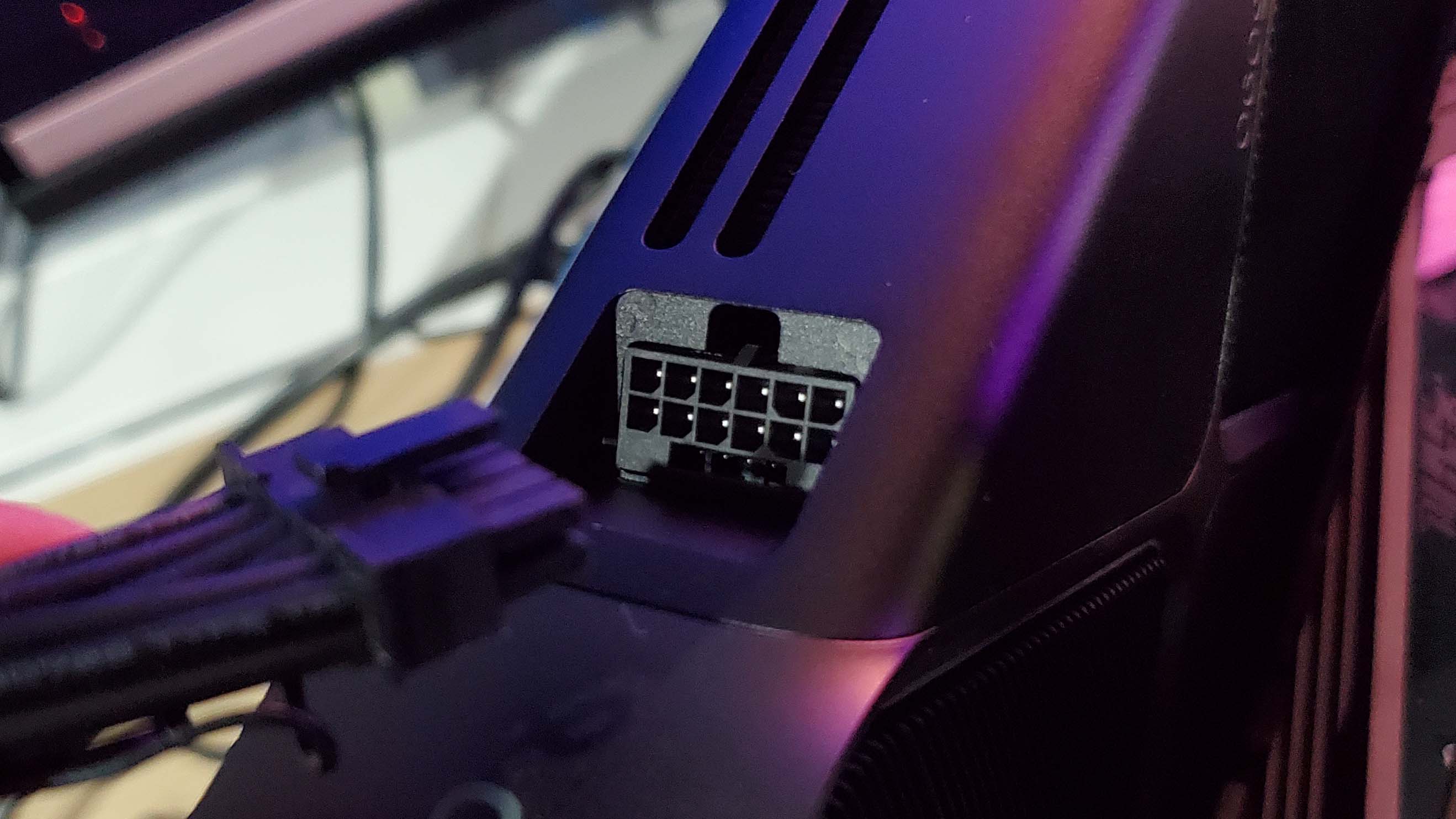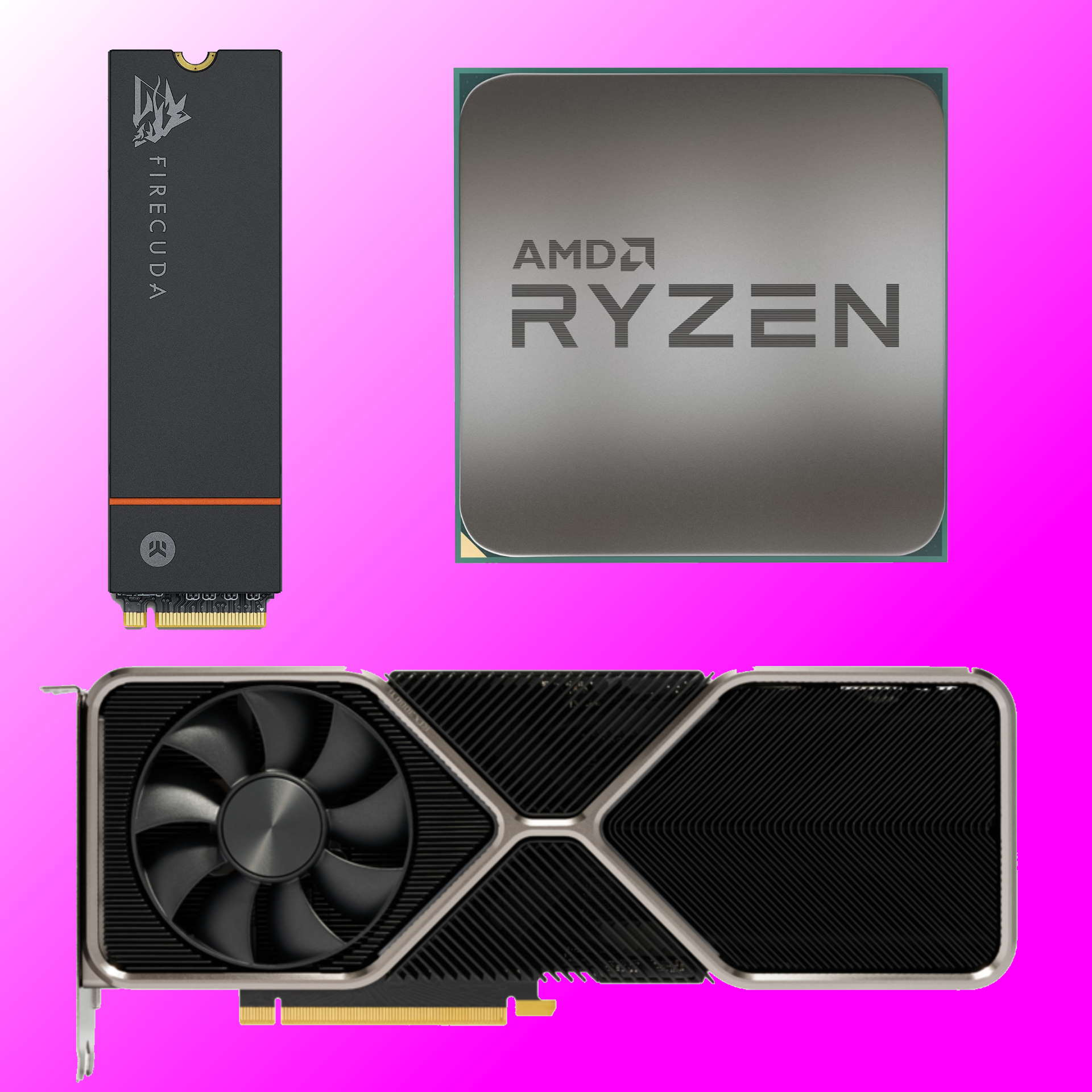
Push it. Push it real good.
The RTX 5090 and RTX 5080 are power hungry beasts, but the first report of a melting power connector was actually caused by an RTX 4090, likely due to an improperly seated power cable.
Hong Kong media outlet PCM initially reported that its testing of an RTX 5090D and RTX 5080 resulted in melted cables, with a picture of two 600 W 12VHPWR connectors looking worse for wear.
hong kong media pcm reported 12vhpwr cable melted after testing 5090d and 5080.https://t.co/wuhqrqpDYBgoogle translate No chance to win the 100 million Mark Six lottery, but you will win if you burn 12VHPWR😭. After the initial testing of the RTX 5090D and 5080 under full… pic.twitter.com/3rXa0Q41BMFebruary 3, 2025
However, the outlet later clarified that a clear burn mark was present on the back of an RTX 4090, while the RTX 50-series cards appeared unscathed (via Videocardz). That suggests user error when installing the power connectors on the RTX 40-series card, evoking memories of the whole Meltgate debacle regarding melting power connectors on the RTX 4090’s initial release.
The original 12VHPWR power connector was blamed for overheating and melting under heavy workload due to improper seating, before Nvidia switched to a revised 12V-2×6 connector with shorter sensing pins and longer conductor terminals which was less prone to incorrect installation.
Since then, several cable manufacturers have also released angled connectors that put less stress on the connection point when wrangled into a tight case, while MSI has gone one step further and released a yellow-tipped cable to make it clearer when a power connector is correctly installed.
If you see yellow, don’t be mellow. Something like that, anyway. Still, it looks like PCM has fallen victim to a slightly misaligned cable connection on the older card, and paid the smoking-hot connection price.
As we found in our testing, the RTX 5090 is a particularly thirsty card, drawing up to 637 W peak power under a 4K native Metro Exodus torture test. Still, we’ve had no issues with the power connector even at those lofty power draw heights, although we did experience a lot of coil whine using a Seasonic Prime TX 1600 W PSU.
However, this was mostly mitigated by swapping the power supply out for a 1600 W EVGA model, and the card has performed pretty much flawlessly otherwise.
So while there’s a fair bit to critique the RTX 50-series for currently (not least that they’re expensive, and difficult to find in stock even if you can stump up the cash), melting power connections don’t seem to be an issue so far. Let’s hope it stays that way, too.
Best CPU for gaming: Top chips from Intel and AMD.
Best gaming motherboard: The right boards.
Best graphics card: Your perfect pixel-pusher awaits.
Best SSD for gaming: Get into the game first.







